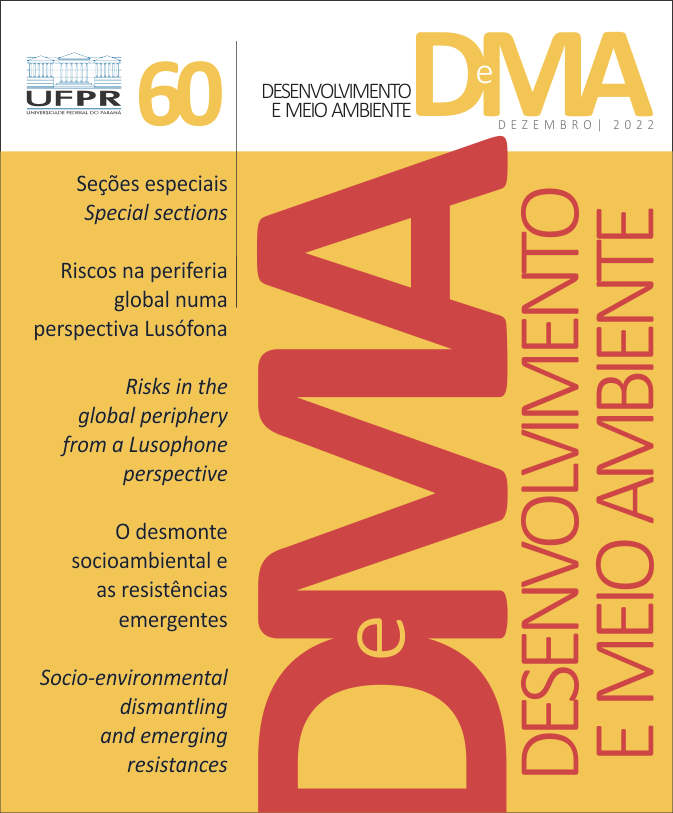What are coastal cities doing about the problem of marine litter? A case study in southern Brazil
DOI:
https://doi.org/10.5380/dma.v60i0.78534Palavras-chave:
beach management, cassino beach, SWOT analysis, tourism, beach litterResumo
Beach management is a key issue in combating marine litter, especially in tourist areas. It is necessary to promote government initiatives that refine local autonomy to improve the quality of beaches. Partnerships between interested institutions at the local level are stimulated to fight against environmental, economic, and social problems. Marine litter, as a more holistic problem, is growing in the international and national sphere, support programs are being developed, with possible advantages at the local level. Cassino Beach in Rio Grande, Brazil, was used as a case study to evaluate the current approaches to managing marine litter, with a focus on tourism-generated litter, analyzing the weaknesses and strengths of municipal management. The case presented as weaknesses a lack of awareness and policy, administrative deficiencies, few resources, and few spaces that promote public participation. Knowledge and information, institutional competencies, partnership, and strategies appeared as strong points. It was possible to observe that the municipality of Rio Grande is assimilating problems, planning actions and few projects are being implemented.
Downloads
Publicado
Como Citar
Edição
Seção
Licença
Os Direitos Autorais sobre trabalhos publicados nesta revista são do autor, com direitos de primeira publicação para a revista. O conteúdo dos trabalhos publicados é de inteira responsabilidade dos autores. A DMA é um periódico de acesso aberto (open access), e adota a licença Creative Commons Atribuição 4.0 Não Adaptada (CC-BY), desde janeiro de 2023. Portanto, ao serem publicados por esta Revista, os artigos são de livre uso para compartilhar (copiar e redistribuir o material em qualquer suporte ou formato para qualquer fim, mesmo que comercial) e adaptar (remixar, transformar, e criar a partir do material para qualquer fim, mesmo que comercial). É preciso dar o crédito apropriado, prover um link para a licença e indicar se mudanças foram feitas.
Os conteúdos publicados pela DMA do v. 53 de 2020 ao v. 60 de 2022 são protegidos pela licença Creative Commons Atribuição – Não Comercial – Sem Derivações 4.0 Internacional.
A DMA é uma revista de acesso aberto desde a sua criação, entretanto, do v.1 de 2000 ao v. 52 de 2019, o periódico não adotava uma licença Creative Commons e, portanto, o tipo de licença não é indicado na página inicial dos artigos.




